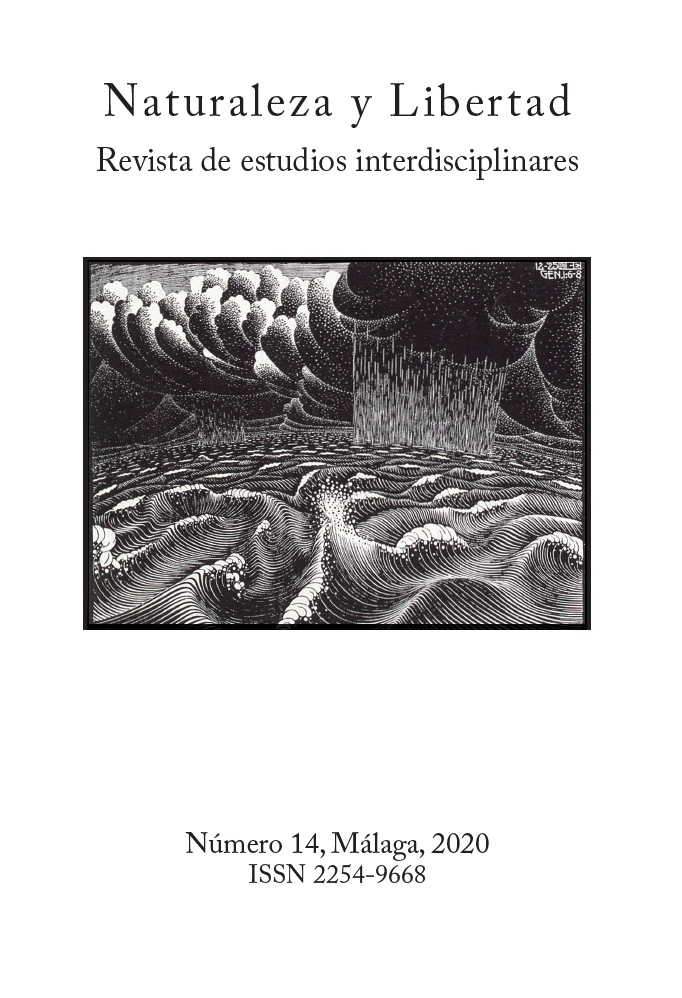Platonism (mathematical): different types, how Roger Penrose understands it and uses it as an argument against strong Artificial Intelligence.
DOI:
https://doi.org/10.24310/NATyLIB.2020.v14i2.10735Keywords:
computation, understanding, conciousness, mathematics, PlatonismAbstract
Roger Penrose is, to many people, one of the interdisciplinary think- ers par excellence today. His critic on the strong Artificial Intelligence is one of the most important in the scope of the debate about AI. This text contains one of the most philosophical features of his thought: Platonism. In this paper we will see to what extent Penrose makes a defense of this conception —regarding mathematics— and how to use it in favor of his position in the AI debate.
Downloads
Metrics
References
Arana, J. (2015), La conciencia inexplicada: Ensayo sobre los límites de la comprensión naturalista de la mente, Madrid, Biblioteca Nueva.
Badía Serra, E. (2008),
Downloads
Published
How to Cite
Issue
Section
License
Those authors who have publications with this journal, accept the following terms:
1. Copyright and licensing information are clearly described on the journal’s web site: all content published in Naturaleza y Libertad is open acces without limit, and are subject to the Attribution-NonCommercial-ShareAlike 4.0 International (CC BY-NC-SA 4.0) license. The full text of which can be consulted at https://creativecommons.org/licenses/by-nc-sa/4.0/
2. It is the responsibility of the authors to obtain the necessary permissions for the images that are subject to copyright. The authors whose contributions are accepted for publication in this journal will retain the non-exclusive right to use their contributions for academic, research and educational purposes, including self-archiving or deposit in open access repositories of any kind. The electronic edition of this magazine is edited by the Editorial de la University of Malaga (UmaEditorial), being necessary to cite the origin in any partial or total reproduction.
3. This journal allows and encourages authors to publish papers on their personal websites or in institutional repositories, both before and after their publication in this journal, as long as they provide bibliographic information that accredits, if applicable, your posting on it.
4. In no case will anonymous papers be published.





18.png)













